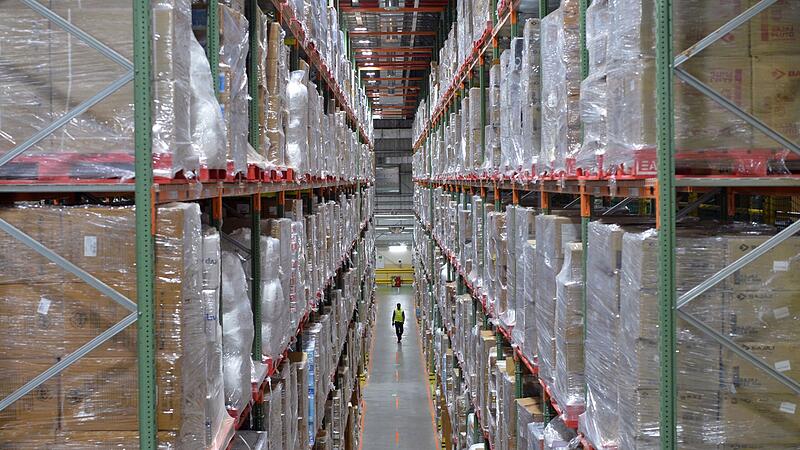No toilet paper, no yeast, no flour. During the initial lockdown, many supermarket shelves were empty. And they should stay that way longer, because the supply chain no longer worked. But not only a global pandemic, weather turbulence or national crises can also rupture the supply chain. How companies can prepare for a delivery stop is now being researched on the campus of the Steyr University of Applied Sciences. The project is funded with 1.36 million euros.
“Logistics was always more of a stepchild, it should work, and that was all that was no longer interesting,” says Markus Gerschberger, head of the “Supply Chain Management” competence area. “The problem is that only a few companies have already invested in the necessary skills and technologies.”
“Hardly anyone has any supplies left”
Companies have made three mistakes in recent years, says Gerschberger: no stocks, supply chains that are too long and too opaque.
Keeping goods in stock is unattractive for many. Rent and maintenance incur additional costs. “That’s why hardly anyone has stocked up on supplies,” says Gerschberger. “That makes it impossible to react spontaneously to increased demand.”
Thanks to global procurement, the supply chains have become very, very long. “As an entrepreneur, I often have to wander far and wide in order to find the cheapest supplier. The further away the producer and buyer are, the more space there is for risks,” says the manager.
And third: Few companies would know where their goods are actually produced. Most of the time, one only signed contracts with deliverers. “If it comes to border closings, many do not know who to turn to.”
The Steyr University of Applied Sciences is now working on solving such problems in three new projects. In the two-year project “SYRI – Systemic Risk Management and Resilience Planning for Austrian Food Security”, a team is concerned with predicting failures. Resilience, strengthening the ability of companies to react to change, is the research focus of the projects “ReaGtSion – Resilience needs assessment of goods and services in Austrian key industries” and “LogResDat – logistics and resilience data circles”. Here one devotes itself to the delivery of important preliminary and intermediate products. (mis)
Source: Nachrichten




